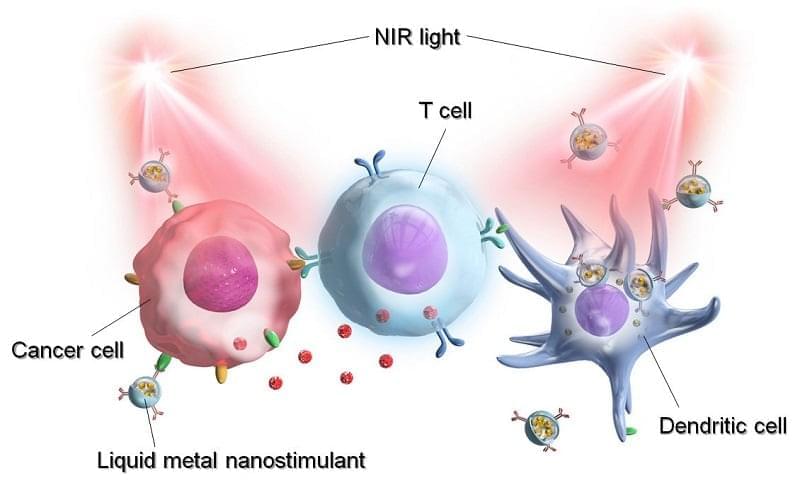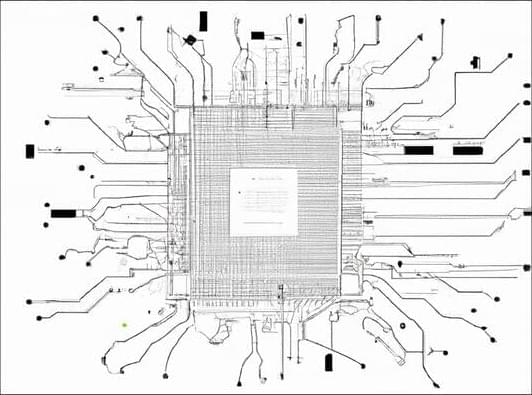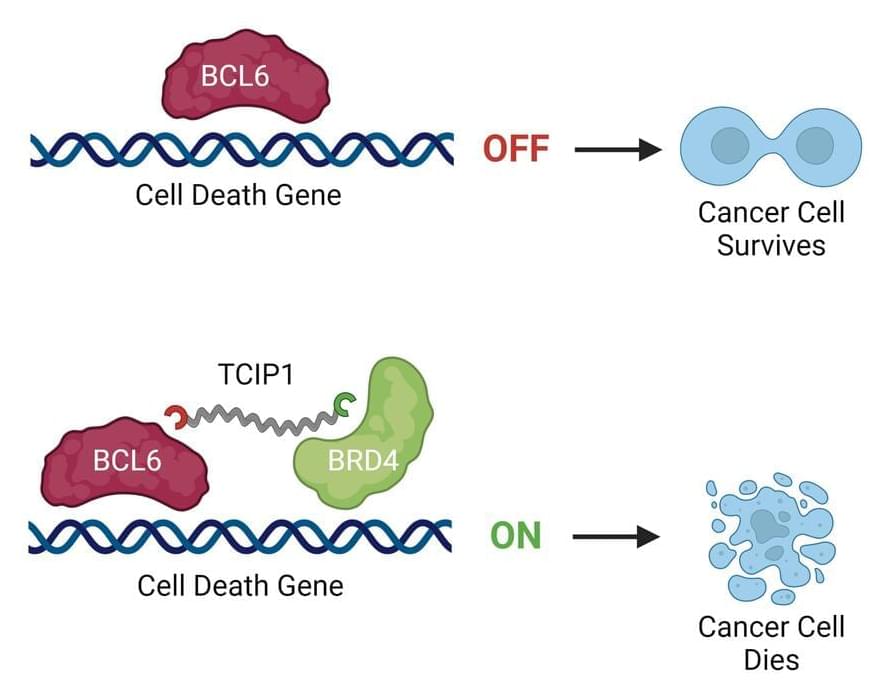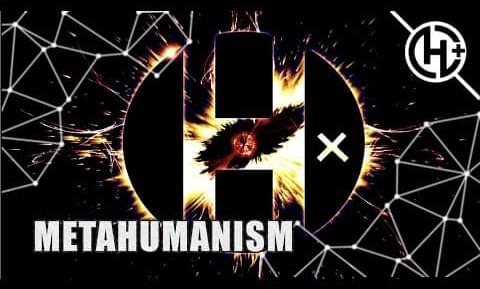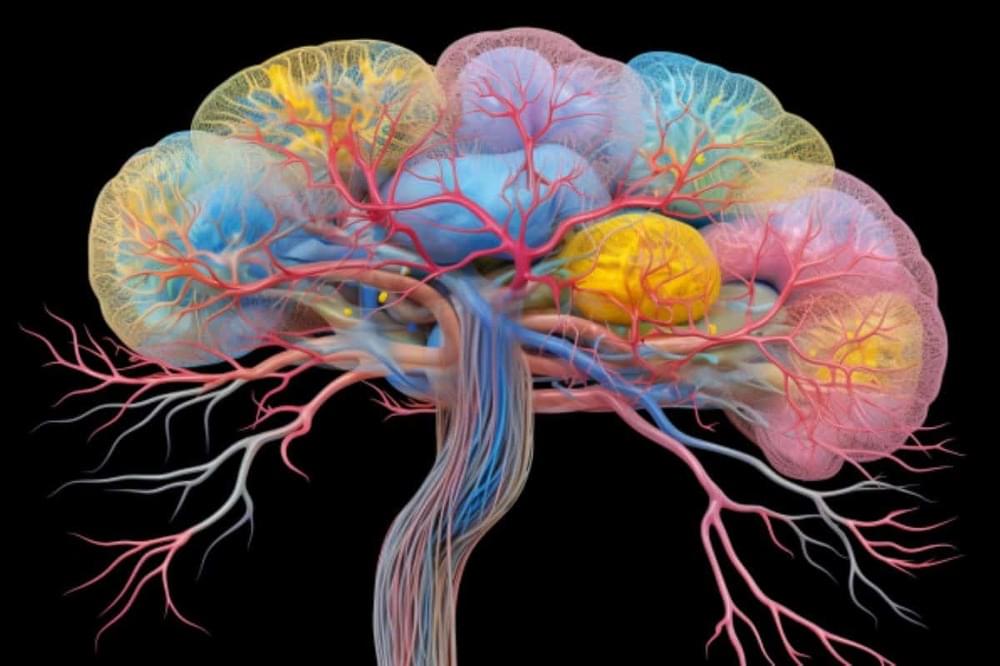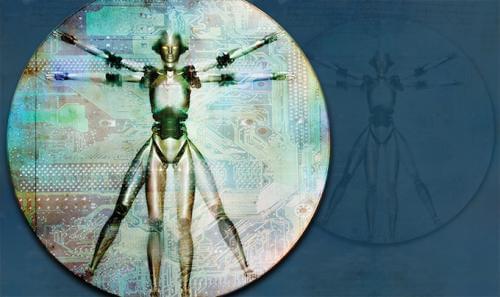
What do pacemakers, prosthetic limbs, Iron Man and flu vaccines all have in common? They are examples of an old idea that’s been gaining in significance in the last several decades: transhumanism. The word denotes a set of ideas relating to the increasing integration of humans with their technologies. At the heart of the transhuman conversation, however, lies the oldest question of all: What does it mean to be human?
When talking about transhumanism, it’s easy to get lost because the definition is imprecise. “Transhumanism” can refer to the Transhumanist (with a capital T) movement, which actively pursues a technologically enhanced future, or an amorphous body of ideas and technologies that are closing the bio-techno gap, such as a robotic exoskeleton that enhances the natural strength of the wearer.
At Arizona State University, a diverse set of researchers has been critically examining transhumanism since 2004.

